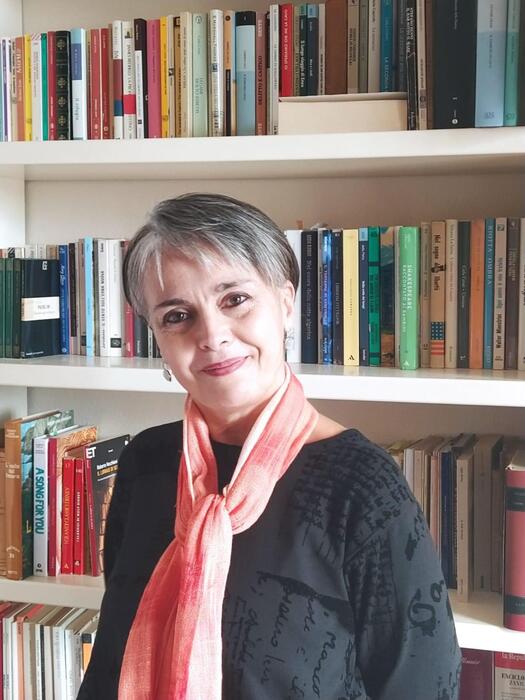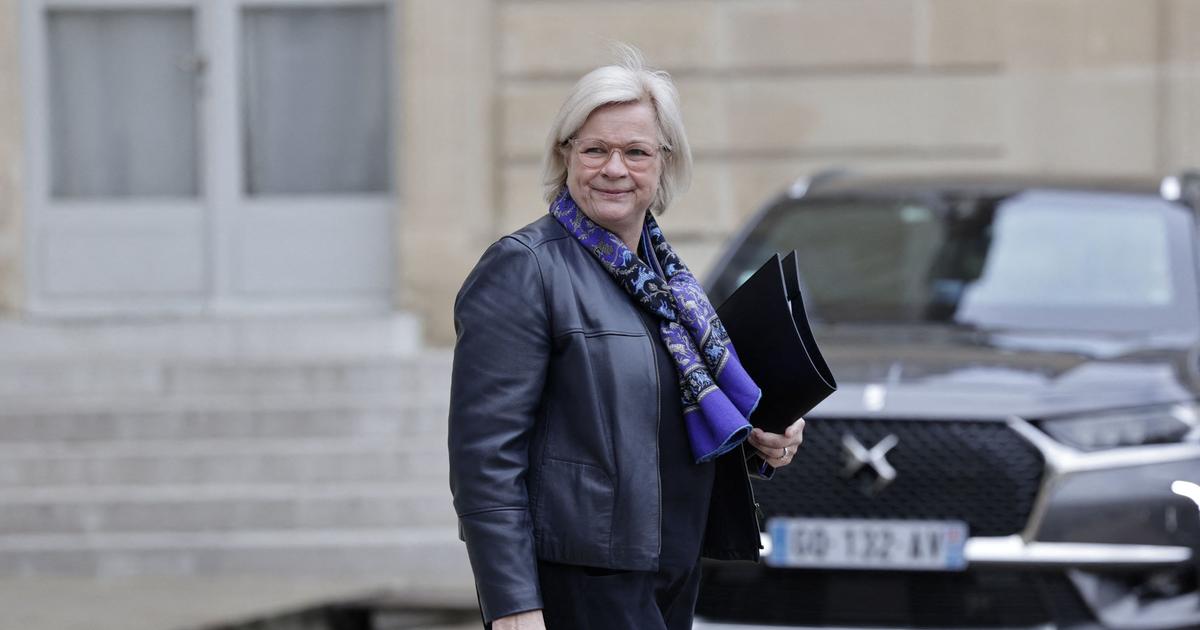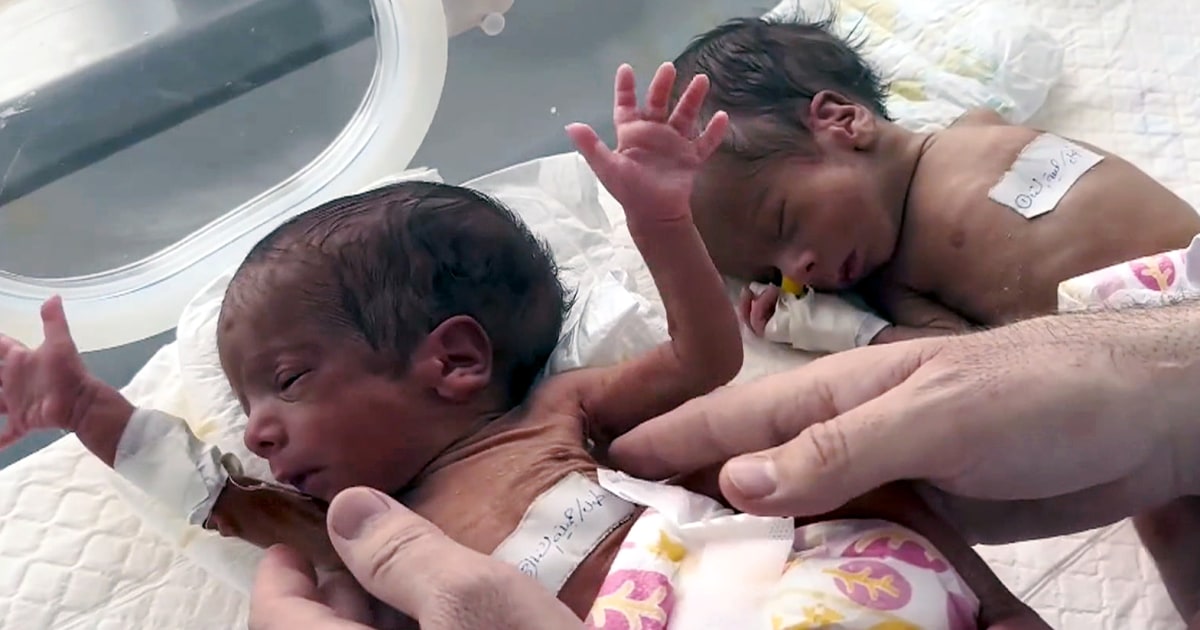As the world struggles to control the covid-19 virus, the global health care workforce is under increasing stress, with women-centered and midwife-led leadership at greater risk than Never before.
MORE INFORMATION
The war against maternal and child deaths must be won- What would the world be like without nurses or midwives
- How to achieve equity in health
The current crisis pushes health care centers to the limit, as the shortage of both personnel and resources puts intense pressure on services. The heartbreaking stories of midwives in the forefront highlight human rights concerns, excessive medicalization of childbirth, and mounting distress for both midwives and pregnant women. In the battle to contain covid-19, caring for expectant mothers has become a low-priority goal.
Midwives are vital to the health and protection of women during childbirth. It is estimated that during the year 2017 some 295,000 women died worldwide from causes related to pregnancy or childbirth, the vast majority of them in low and middle income countries. Most such deaths could be prevented. During the course of this health emergency, we must ensure that health care under the direction of midwives is maintained as much as possible.
As the current situation is, midwives in all regions face a severe shortage of personal protective equipment (PPE) and other supplies for infection control, including even hand sanitizer, which means that they must face painful and traumatic decisions. Should they risk the health of their own families to care for women in labor? How should they pay attention without PPE, given that they cannot keep a safe distance from the women who receive their care? Is it better to provide normal care anyway, even at the risk of infecting your patients?
There is also increasing evidence that excessive medicalization of labor has increased during the pandemic. The World Health Organization (WHO) recommends that cesarean sections only be performed when medically justified, but health professionals and the global health community in general are increasingly concerned about the number of unnecessary procedures and inappropriate. This troubling pattern suggests a weakening of women's right to make informed decisions about childbirth and their overall health.
When women are given the choice, they increasingly choose to give birth at home with the support of a midwife, or in a unit run by them, rather than in a hospital. This change reflects not only fear of covid-19, but also the awareness of many women that they can choose more decentralized services that meet their needs. In the case of low-risk pregnancies, national governments should support this decision.
But decentralizing childbirth poses its own challenges. In particular, we must provide adequate resources to support decentralized childbirth, and respect and recognize the work carried out at home in order to guarantee the protection of pregnant women. Increased concerns about the pregnancy pandemic have made the midwife's role in providing prenatal care even more important. In many cases, however, home services are unrecognized and unpaid, and continue to be provided even during times of PPE shortages, putting the health of both midwives and patients at risk.
Many have been shocked by the lack of basic resources and the insufficient capacity of our health care systems in the face of a global pandemic. But such deficiencies should not be surprising. Healthcare personnel are overworked and poorly paid, have insufficient training opportunities and are subject to restrictive policies. For example, midwives are often not recognized as front-line health workers.
These problems are even more acute in midwifery, which, even before the pandemic, had long struggled to be recognized as an autonomous profession - and to ensure access to the funding, resources and training that such recognition entails. But now, the lack of investment in maternal health services and fair payments to women for their contributions to the health sector has weakened the global response to COVID-19 and put women at increased risk of infection, especially in low and middle income countries. In these countries, traditional midwives receive training and basic equipment, but are not considered as part of the paid workforce in the health sector. As a result, they do not receive the proper PPE, nor can they afford to stop working during the pandemic.
To keep midwives protected and enable them to provide women-centered care, governments, international donor agencies, and philanthropic organizations must place high priority on funding for maternal health services. This includes support for community-based care, which is crucially important at a time when facility-based services are declining. Without the aforementioned help, midwives will find it difficult to reach out to care for the most vulnerable.
The international community must support the female labor force in the health sector and must allocate funds directly to organizations representing midwives in their capacity as first-line care providers specializing in maternal health. We must trust that the women at the center of health care delivery will use the funds as they see fit and that they will invest in the protection and means they need to ensure the continued safety of our communities.
Sally Pairman is Executive Director of the International Confederation of Midwives.
Roopa Dhatt is the founder of Women in Global Health.
Translation from English: Rocío L. Barrientos. Copyright: Project Syndicate, 2020.
You can follow PLANETA FUTURO on Twitter and Facebook and Instagram, and subscribe here to our newsletter.


/cloudfront-eu-central-1.images.arcpublishing.com/prisa/L64PMGMKXNDP5EHGZTYIAK3UTU.jpg)






